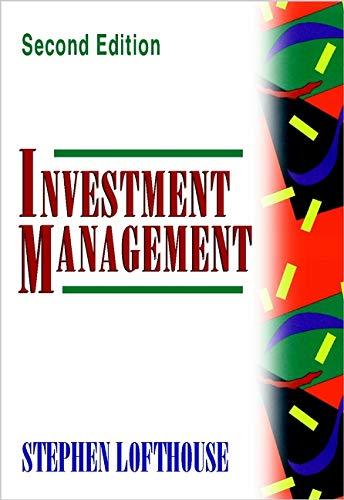
P11-17 (similar to) Question Help Assigned Media Operating cash flows Richard and Linda Thomson operate a local lawn maintenance service for commercial and residential property. They have been using a John Deere riding mower for the past several years believe that it is time to buy a new one. They would like to know the operating cash flows associated with the replacement of the old riding mower. The following data are available. 1. There are 5 years of remaining useful life on the old mower. 2. The old mower has a zero book value. 3. The new mower is expected to last 5 years. 4. The Thomsons will follow a 5-year MACRS recovery period for the new mower. 5. Depreciable value of the new lawn mower is $1,870. 6. They are subject to a 40% tax rate. 7. The new mower is expected to be more fuel-efficient, maneuverable, and durable than the previous models and can result in reduced operating expenses of $489 per year. 8. The Thomsons will buy a maintenance contract that calls for annual payments of $110. Create an operating cash flow statement for the replacement of Richard and Linda's John Deere riding mower. Show the operating cash flow for the next 6 years Calculate the incremental operating cash flow statement below: (Round to the nearest dollar.) Richard and Linda Thomson X Data Table Incremental Operating Cash Flows Replacement of John Deere Riding Mower Year 1 (Click on the icon located on the top-right corner of the data table below in order to copy its contents into a spreadsheet.) Savings from new and improved mower $ Less: Annual maintenance cost $ Rounded Depreciation Percentages by Recovery Year Using MACRS for First Four Property Classes $ Less: Depreciation Percentage by recovery year* 7 years Savings (loss) before taxes 5 years Recovery year 3 years 10 years 1 33% 20% 14% 10% Taxes (40%) 2 45% 32% 25% 18% Savings (loss) after taxes $ 3 15% 19% 18% 14% $ 4 7% 12% 12% 12% Incremental operating cash flow 9% 5 12% 9% 9% 8% 5% 7 9% 7% 8 4% 6% 9 6% 10 6% 11 4% Totals 100% 100% 100% 100% These percentages have been rounded to the nearest whole percent to simplify calculations while retaining realism. To calculate the actual depreciation for tax purposes, be sure to apply the actual unrounded percentages or directly apply double-declining balance (200%) depreciation using the half-year convention Print Done







